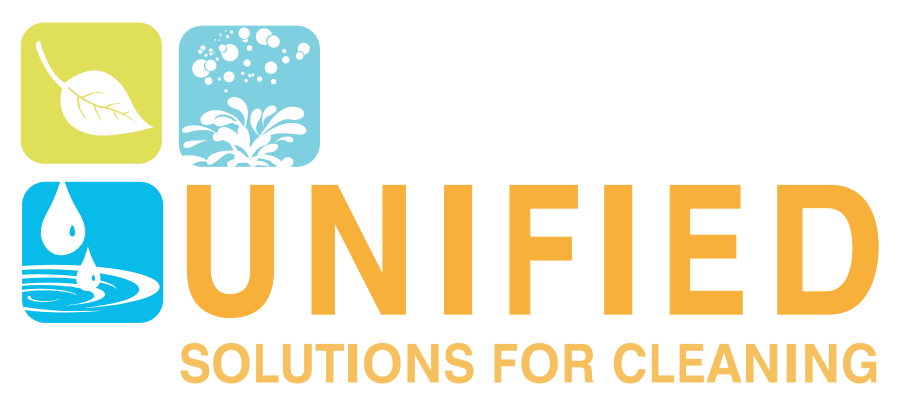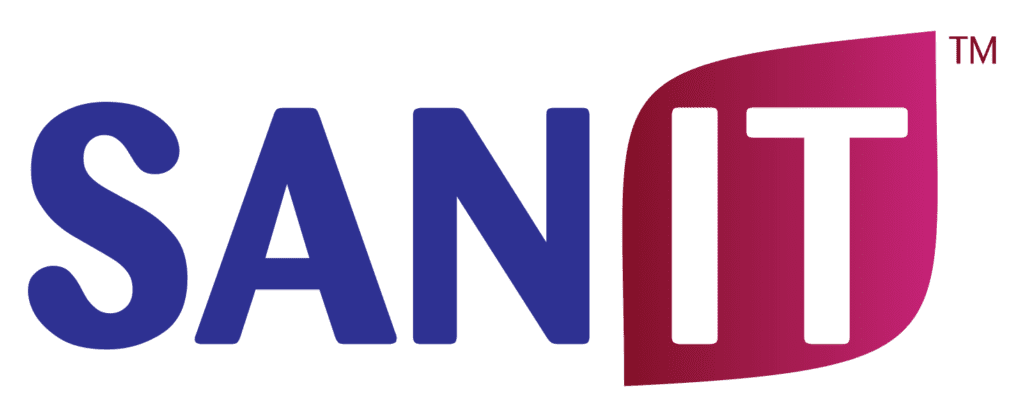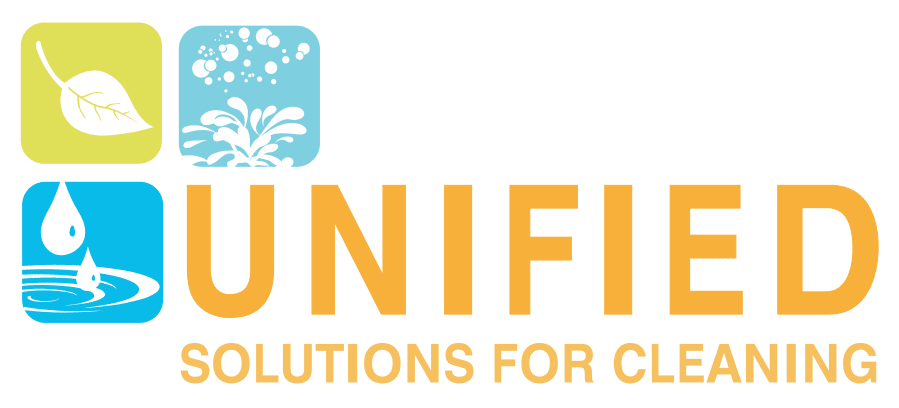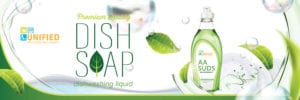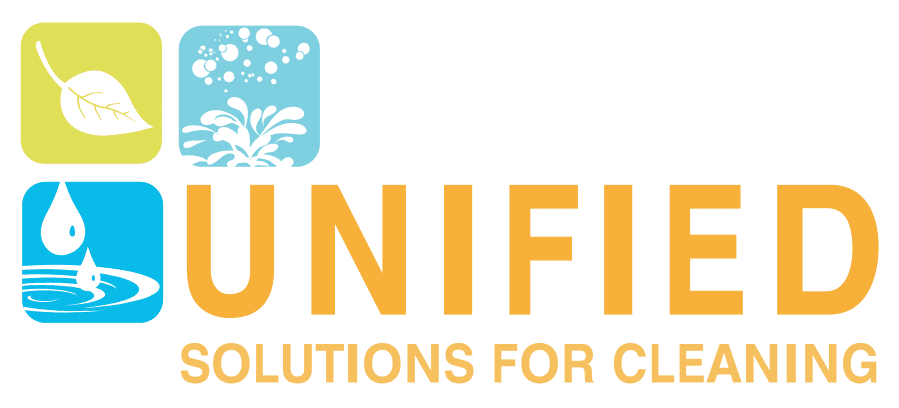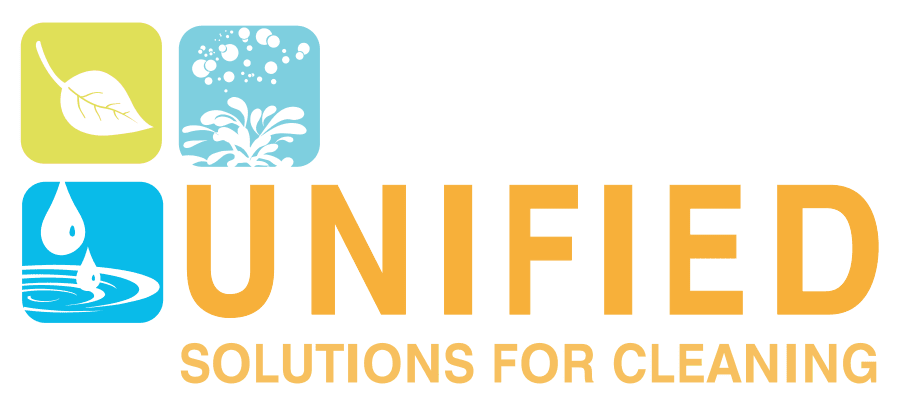What Is Toll Manufacturing?
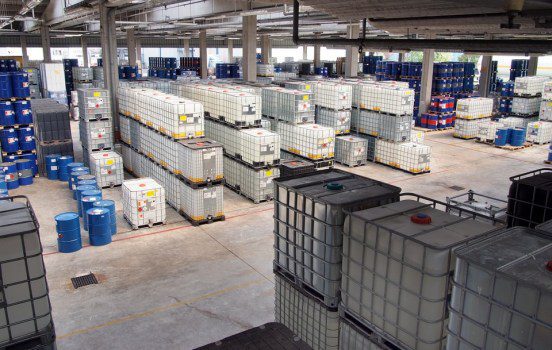
Yet Another Manufacturing Process
In previous blog articles, we defined contract packaging and private labeling. Contract packaging entails an outside third-party manufacturer working to produce a cleaning formula provided by a cleaning supply vendor. The formula specifications are followed without deviation. In private labeling, the cleaning product formulation has already been created by the third party manufacturer, which a retailer or cleaning supply distributor markets under their label name. Read the difference between these two manufacturing processes in contract manufacturing vs. private labeling. As you ponder those product manufacturing preferences, Unified Solutions For Cleaning would like to add another viable means of manufacturing cleaning products — toll manufacturing, also known as toll processing.
Understanding toll manufacturing can initially leave a person as ‘confused’ as Lou of the 1950’s comedy duo, Abbott and Costello, was getting when Bud Abbott attempted to explain the members of a baseball team he managed. The now famous comedy routine, ‘Who’s On First,’ begins with Abbott telling the players’ names on his team to Costello. Abbott: Who is on first, what is on second, and I-Don’t-Know is on third. Costello: ok, so who is on first? Abbott: that’s correct. Costello (a bit frustrated) gets emphatic and asks again: tell me the guy on first base? Abbott: Who. Costello: the guy on first, what is his name? Abbott: No, what is on second. . . . and so the dialogue goes back and forth. Of course, the key to this hilarious comedy sketch is Costello not ‘hearing’ Abbott’s answers due to his preconceptions of baseball player names or ‘nicknames.’
Touching All Bases On Defining Toll Manufacturing
To come to a clear understanding of Toll manufacturing is to simply focus on ‘the who,’ ‘the what,’ ‘the when,’ ‘the where,’ and ‘the why’ of this product production process.
Who is involved? A manufacturer of cleaning products providing the raw materials and possibly a part of the finished product, and an outside chemical manufacturer assigned to complete the product for an agreed fee, aka toll. Toll manufacturing differs from contract packaging, where the outside manufacturer provides for the raw material and all aspects of creating the product.
What is it? Concisely, toll manufacturing is another form of outsourcing, similar to contract packaging and private labeling.
When is it used? It is used when there is high demand for a product in the marketplace. The source production company objective is to get their product line out to the market as quickly as possible without needing to invest capital in additional production equipment, larger production facility, and hiring more employees.
Where is such manufacturing used? Toll processing is used in the production of pharmaceuticals, construction materials, food, and consumer products — and, growing in prominence, in the chemical
manufacturing industry.
Why choose toll manufacturing? There are three reasons businesses choose toll processing to produce cleaning products:
- Access to a well-equipped chemical manufacturer, such as Unified Solutions For Cleaning.
- Contact with professionals skilled in handling chemical mixtures and the production process in filling the mixture.
- The quality standards of the chemical toll manufacturers.
The Advantages
Greater Fiscal Control to the source company by paying one flat production ‘toll’ fee without worrying about increasing labor, packaging, storage, and shipping costs should product volume increase.
Lower Investment Costs to the source company when the product is produced without hiring production staff, buying necessary chemical equipment, and renting or building a production facility.
Utilization Of Core Strengths of both the source firm and toll manufacturer. The source firm responsible for providing formula creation, raw materials, marketing and sales, and product innovations, while the toll manufacturer does what they do best, producing the cleaning formulation.
Higher Volume Output to meet the demands of the consumer marketplace, when the toll manufacturer can focus on producing the product, not getting bogged down by business ‘paperwork’ of product orders, product invoicing, accounts payable, and receivable procedures.
Toll Manufacturer Agreements
Clear communication between business partners is a must in order to avoid the befuddled frustration of Lou Costello in the ‘Who’s On First?’ comedy routine. This involves putting the expectations for both businesses to a written agreement, known as a toll processing agreement or tolling agreement.
Some of the more pertinent information in such agreements:
Production Specifications: The start and end dates of the manufacturing project should be explicitly stated. The date for product shipment and any production reviews to be made by the source company need to be put in writing. Naturally, it should be stated what the toll (fee) is and what work the fee entails.
Trade Secrets: In order to protect the trade secret of a product formula, those trade secrets must be
delineated in writing.
Manufacturer Obligations: The outside chemical manufacturer must be made aware of their responsibility to the client company’s product. This responsibility includes non-disclosure (NDAs) confidentiality documents to be signed by employees working on the product. Specifying no sub-contractors working on the project. Making known that product improvements during production belong to the source company and not the chemical manufacturer. Additionally, setting of limitations on who has access to confidential product or production information.
Security Procedures: The source company should be told of the security procedures to protect confidential information externally and internally.
Materials Supplied: The source company should communicate in the agreement all raw materials and any product components to be supplied to the manufacturer.
Company Trademark Specs: The size and placement of a product trademark on the product needs to be specified.
Right To Terminate: Agreements should include a right to contract termination and a set of reasons, agreed upon by both partners, outlined for such termination.
Dispute Resolution: Consider a contractual clause providing the means to arbitration and dispute resolution.
Put aside all preconceptions of partnering with a toll manufacturer, and contact the professionals providing clear explanations of this manufacturing process — Unified Solutions For Cleaning.
